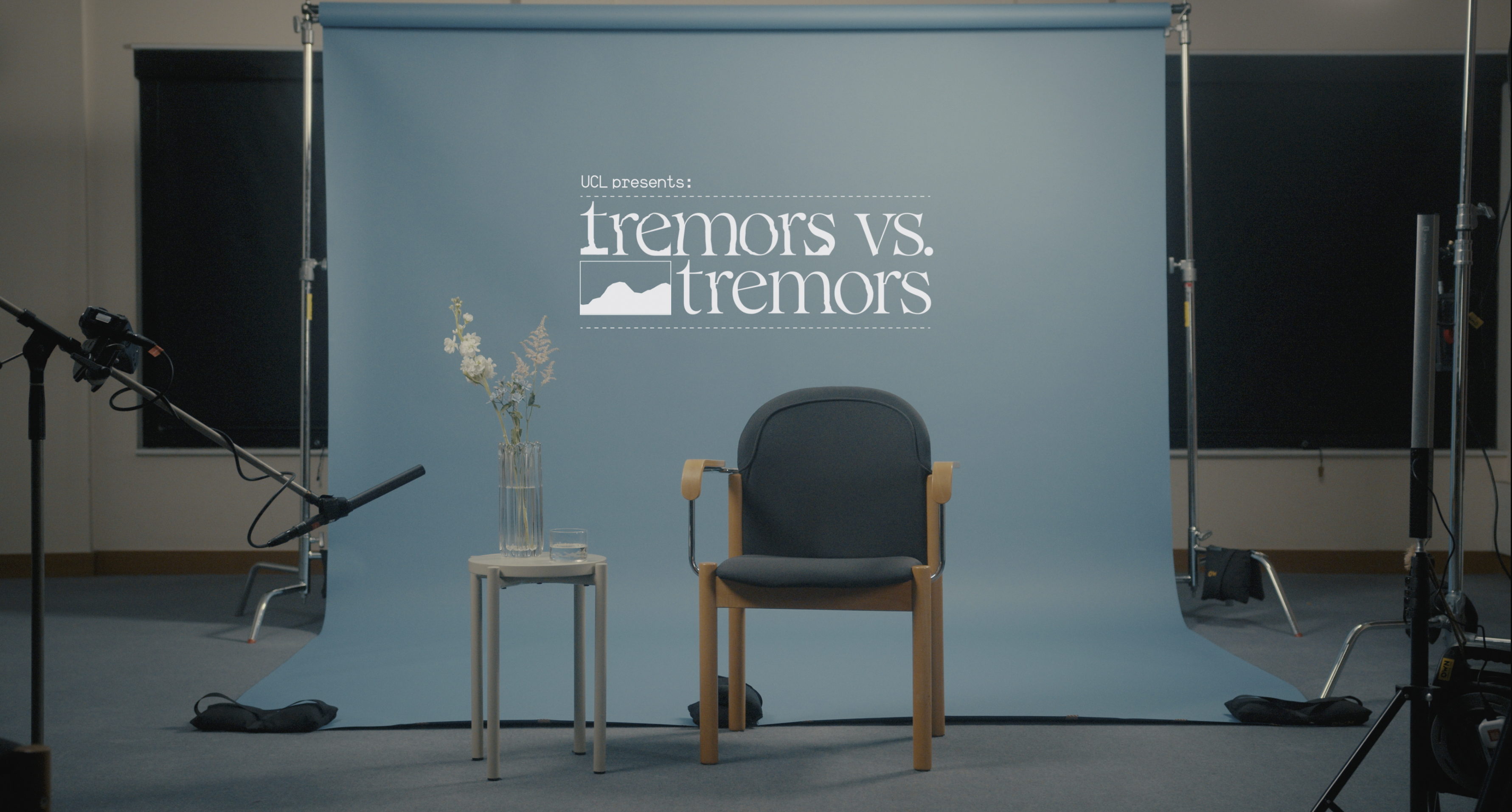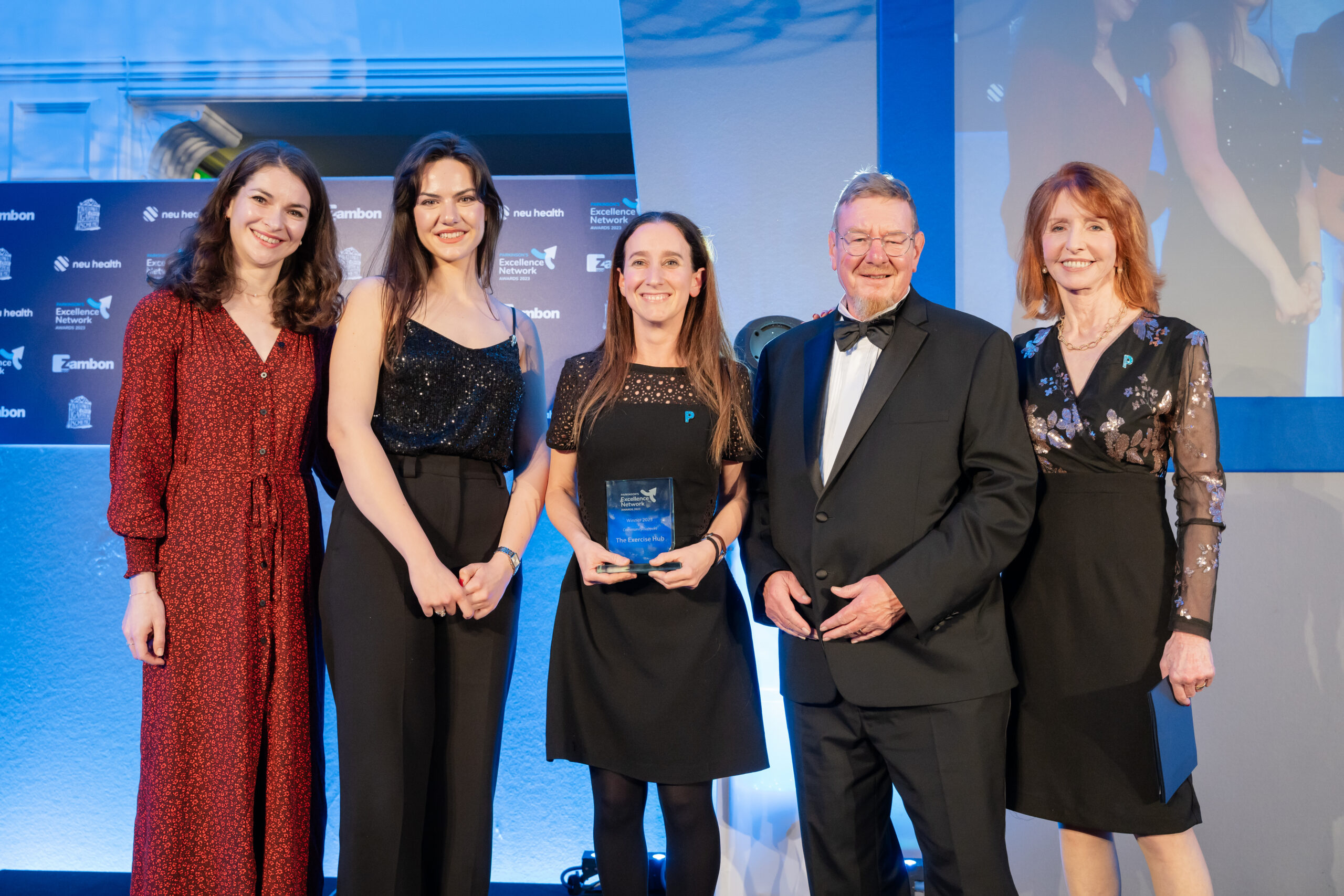Embedding a culture of public engagement
By Cassandra Hugill and Dr Charlotte Thorley
Since 2018, the Wellcome Centre for Human Neuroimaging have been running a long-term culture change study on the attitudes and perceptions of staff towards public engagement. In 2020, the study found that the culture of public engagement remains strong and is something the Centre and the public engagement team should be truly proud of.
‘Over the past 3.5 years it has been a joy to work with the staff at the Centre to foster a strong culture of public engagement. The passion of the research teams has really made this work possible and I am looking forward to building and continuing this important work.’
Cassandra Hugill, Public Engagement Manager

Staff at the Centre not only value public engagement but understand the importance of two-way mutually-beneficial engagement practice. Some respondents* were particularly grateful for the support of the public engagement team, but overall a lot of support from colleagues and managers was felt.
Staff understanding of the purposes and possibilities of public engagement has improved significantly since 2019. Respondents felt that the ability to share the potential benefits of their research to society and the societal and ethical considerations of their work were the most important elements of their public engagement work.
Time constraints continue to be cited as the number one barrier to contributions to engagement, which is something future studies will explore further. While some staff felt they were not the right seniority level to be doing engagement, this was not reflected within senior management, demonstrating their commitment to public engagement.

Over 77% of respondents felt they were supported by both their managers and colleagues in getting involved in public engagement, although 12% felt their colleagues are supportive, but their manager was less so.
Line manager approval, pre-organised activities and support from colleagues were the most important factors in getting involved in public engagement. While we know that public engagement is highly supported by the Centre, it is now important to focus on ensuring that support is felt across the Centre as strongly as possible. Staff overall feel positive towards engagement, but the opinions of colleagues and peers weigh heavily on them when deciding whether to get involved or not, both positively and negatively.
‘It is a privilege to be watching the culture of engagement flourish at WCHN and I am so impressed at the thoughtfulness of the work being done. I have no doubt that next year we will see even more improvement and understanding. ‘
Dr Charlotte Thorley, Public Engagement and Involvement Consultant
Overall, there is a strong culture of public engagement which is improving each year. While the next survey will capture the impact of COVID-19 on our work, these results drive the engagement team to continue the work that we do.
*Wellcome Centre for Human Neuroimaging PE Culture Change Survey 2020, 69 respondents


